This blog post contains the transcription of a free virtual Lunch & Learn we hosted in September 2024 titled, “Driving Business Growth with Paid Ads.” You can view all of our upcoming webinars here.
Paid Ads Strategy
Who are the Top Experts to Know?
Andrew Percey runs Prometheus PPC, an agency focused on high-precision lead generation using Google Ads. Andrew has two engineering degrees from MIT and worked in Silicon Valley for 14 years, in both engineering and marketing, before starting his own digital ad agency. He and his team have helped over 100 businesses and MIT startups succeed with Google Ads.
Jackie LaVana, founder of 126 North Digital Marketing, is a digital marketing professional with 15 years experience at Google, iProspect, and Constant Contact. Her digital marketing agency, based in greater Boston, specializes in online marketing strategies that drive demand, including PPC (pay-per-click) marketing, paid social and SEO.
Julia Becker Collins is the COO of Vision Advertising. Whether she’s speaking publicly, helping clients better manage leverage marketing to grow their companies, or keeping the Vision team on track with the latest project, Julia’s drive and vision make it happen. Human resources, operations, business leadership, client relationship management, budget management, HR, and marketing: she wears all the hats.
Key Considerations Before Running Paid Ads
Set a Budget: Before diving into paid ads, it’s crucial to establish a clear budget. As Julia emphasized, “Please, please, please set a budget… I often have conversations with clients who don’t have a clear budget in mind, and it’s essential for success.”
Develop a Strategy: Ads should be part of a broader marketing strategy. Jackie highlighted the importance of having a strategy in place, stating, “Paid ads are part of an overall marketing strategy… You need to have an overall strategy and messaging to run ads effectively.”
Know Your Audience: Understanding your ideal client is vital. Andrew noted that to succeed, you need to have a compelling business offer and a clear understanding of who your ideal prospects are. Julia added that knowing your audience and where they make buying decisions will save time and money.
Prepare Your Website: Ashley, the moderator, pointed out the importance of having a well-optimized website or landing page. “Paid ads can drive people to your website, but if it’s not optimized to convert, it’s almost a waste of money and time.”
Choosing the Right Platforms
The experts agreed that the choice of platform depends on your audience and goals:
Google Ads: Ideal for reaching high-intent users actively searching for solutions. It’s often the starting point for many businesses.
Facebook and Instagram: Effective for B2C companies targeting specific demographics, particularly when aiming to build brand awareness.
Microsoft Ads: A secondary option that can complement Google Ads, especially as it integrates AI tools like ChatGPT.
YouTube Ads: These can be highly effective, but they must be well-crafted and engaging to capture the audience’s attention.
Setting Realistic Goals and Measuring Success
When setting goals for paid ads, businesses need to start by understanding their broader objectives and then work backward to determine how many leads or sales they need to achieve those goals. As Andrew explained, “You need to connect the dots from revenue goals to how many leads you need and then figure out how many ad clicks it will take to generate those leads.”
Budgeting and Optimizing Ad Spend
Budgeting for ads requires careful consideration. Andrew pointed out that many businesses either over or under-spend on their campaigns. Testing and adjusting budgets based on performance is key. Jackie also warned against blindly following automated recommendations from platforms like Google, which may not align with your business goals.
Tools and Reporting
Julia emphasized the importance of using tools like Google Analytics, HubSpot, or Salesforce to track and measure ad performance. Jackie added that while these tools are essential, businesses should avoid getting overwhelmed by too much data. Instead, focus on the metrics that matter most to your business objectives.
When to Hire an Expert
Finally, the experts discussed the benefits of hiring a professional to manage your paid ads. If you’re spending money but aren’t sure if it’s working, or if you’re overwhelmed by the complexity of ad platforms, it might be time to bring in an expert. As Julia put it, “Time is your most valuable asset. If you’re stretched too thin, it might be more cost-effective to outsource your ad management.”
Final Takeaways
Don’t Trust Automation Blindly: Automated tools can lead to wasted spend. Manual oversight is still crucial.
Adopt a Testing Mindset: Continuously test and optimize your ads to achieve the best results.
Customize Your Strategy: What works for others might not work for you. Tailor your strategy to your specific audience and goals.
Resources for Massachusetts Businesses
Amplifying Your Presence with Massachusetts Business Network
Interested in getting more support on topics just like this one? Don’t hesitate to take advantage of the several resources we have available, especially our Lunch & Learns, blog, and podcast. Have a specific request? Please fill out our contact form.

Leave a Reply